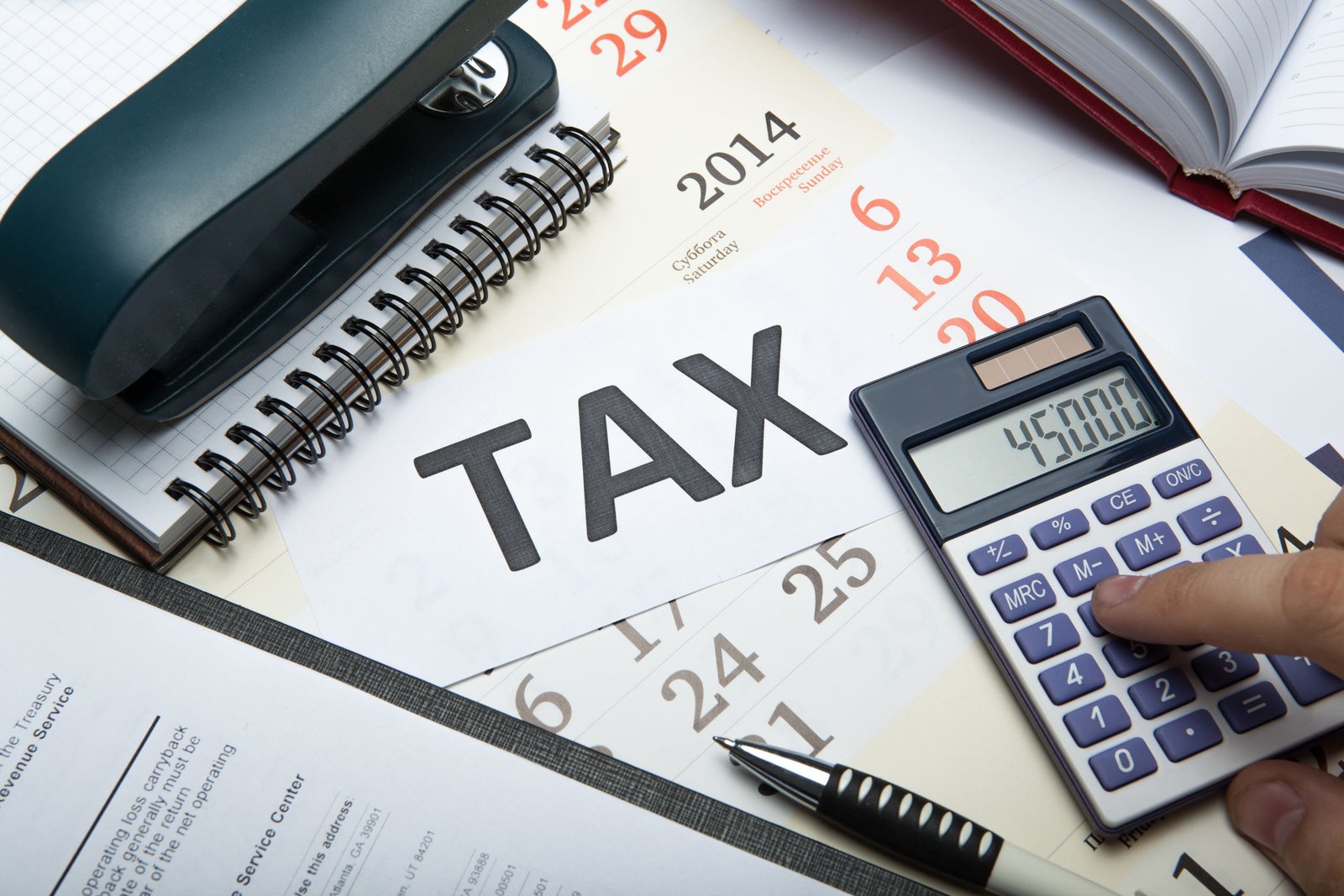
Published October 28, 2024
Tax is the driving force behind most world economies.
In 2022, the Ghana Revenue Authority exceeded its tax target by raising an additional GHS 3.6 billion for the state’s coffers.
With a sector so crucial to national development, it is no surprise that the legislators of revenue laws have bestowed the Commissioner-General with such immense and enormous powers under the Revenue Administration Act (“the act”).
Today, we’ll discuss in detail the tax recovery measures that the Commissioner-General can employ to enforce payment of taxes.
But first, we must understand when tax becomes payable. According to Section 51 of the Act, before any tax can be collected, it must be due. Thus, the Commissioner-General cannot collect taxes arbitrarily but must adhere to the established timelines and requirements for tax payment.
The following are several ways the Commissioner-General can enforce tax collection, excluding litigation:
- Power to Seize Possession of Charged Assets
The Commissioner-General has the power to not only take possession of a company’s (taxpayer) assets but also to proceed to selling them under section 52(e). The details of this power are further specified under sections 53 and 54.
The process starts with a written notice served to the taxpayer, listing their name, TIN, and the charged assets. For physical items, the Commissioner-General can literally seize control. For intangible assets, like trademarks, they just need to make it public knowledge that the asset is now under their control.
Once the Commissioner-General has taken over, the taxpayer has no right to use or deal with those assets unless explicitly allowed.
The law also lays out strict rules for how this is done: the Commissioner-General can enlist the police to break in and take possession, must keep an inventory of seized items, and may even make you pay for storage if they’ve seized a movable property like a car.
- Power to Sell Charged Assets
The Commissioner-General is empowered to sell seized assets under Section 52(e) of Act 915, typically through public auctions to promote transparency:
- Real estate/land: Sold after 30 days.
- Perishables (e.g., food, vaccines): Sold within 24 hours.
- Other movable items: Sold within 10 days.
With the taxpayer’s consent, these timelines may be bypassed, allowing the sale to occur at any time. Proceeds from the sale are allocated to cover the sale costs, settle the tax debt, and any remaining balance is returned to the taxpayer.
After the sale, the Commissioner-General must notify the taxpayer within 14 days, and the taxpayer has 90 days to claim the remaining balance.

- Power to Restrain Taxpayer
The Commissioner-General can prevent a taxpayer from leaving Ghana if there’s reasonable belief they might evade tax obligations. Under Section 56(1) of Act 915, this is done in collaboration with the Comptroller-General of the Ghana Immigration Service. The taxpayer can be barred from exiting the country for up to seven days (Section 56(7)).
If the tax debt is settled or the taxpayer provides satisfactory assurance of payment, the travel restriction is lifted (Section 56(3)).
To extend the restraint beyond seven days, the Commissioner-General must seek a High Court order (Section 56(4)).
- Power to Recover Debt from Managers of the Company
The Commissioner-General has the authority to recover unpaid taxes directly from the managers of an entity under Section 58(1) of Act 915.
This provision makes any individual who was a manager of the entity within six months before the tax liability arose jointly responsible for settling the debt. The law defines a manager as anyone acting in a managerial capacity, even if unofficially, and specifies that the “relevant time” is within six months before the entity’s failure to pay taxes.
A manager can, however, avoid liability if they can prove they exercised reasonable care, diligence, and skill to prevent the entity from defaulting on its tax obligations. This safeguard does not extend to partners in a partnership, as they are held liable regardless of their efforts to prevent the tax failure. If a manager ends up paying the entity’s tax debt, they have the right to recover the amount as a debt owed to them by the entity.
- Power to Recover Tax Debt from Third-Party Debtors
If a taxpayer defaults on their tax obligations, the Commissioner-General is empowered under Section 60(1) of Act 915 to recover the outstanding amount from third-party debtors—individuals or entities that owe money to the taxpayer. Once the Commissioner-General identifies a third-party debtor, a notice is served to them, with a copy also sent to the taxpayer as required under Section 60(2).
The third-party debtor must pay the amount specified in the notice to the Commissioner-General by the given deadline. However, the payment cannot exceed the lesser of three amounts: the taxpayer’s outstanding tax debt, the amount owed by the third party to the taxpayer, or the specific sum stated in the notice.
Additionally, Section 60(5) bars the third-party debtor from making any further payments to the taxpayer until the Commissioner-General withdraws the notice. This provision ensures the state’s interests are prioritized, giving the Commissioner-General a significant advantage in recovering unpaid taxes.
Papa Nyan Neizer is a writer, an outstanding public speaker and a dedicated law student currently attending the Ghana School of Law. He previously distinguished himself as President of the Student Council at Lancaster University Ghana. Additionally, Neizer leads a group of young individuals dedicated to building schools for impoverished communities in Ghana











